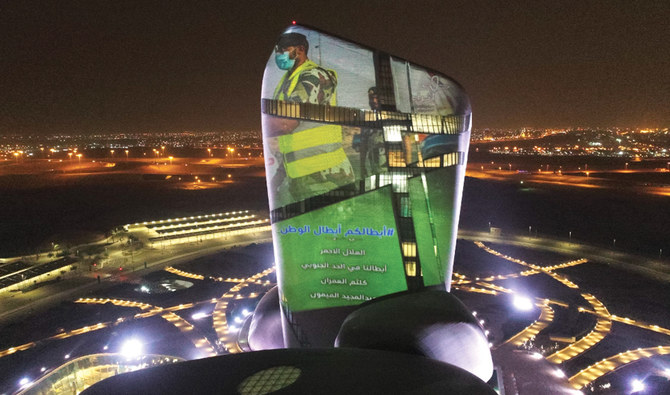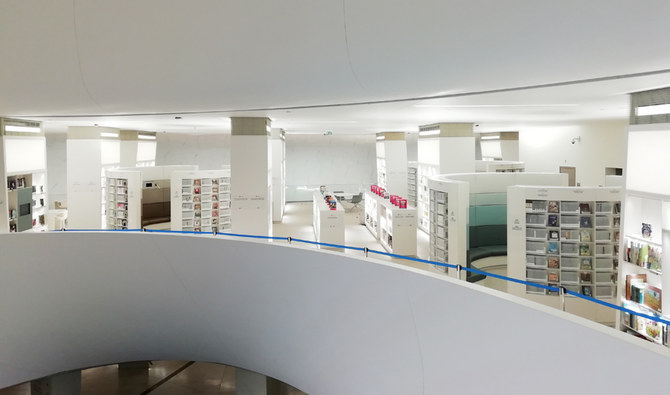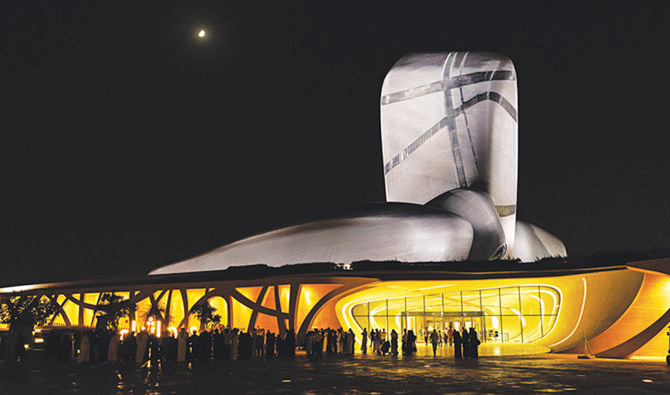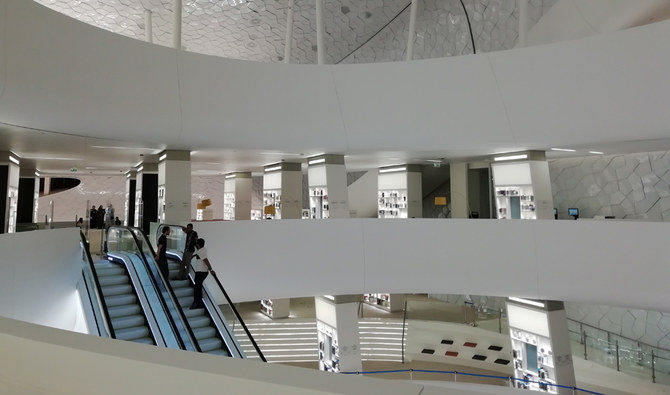RIYADH: Though the King Abdul Aziz Center for World Culture (Ithra) remains closed to the public due to the current coronavirus disease (COVID-19) pandemic, the center has made significant efforts to keep their goal of connecting cultures across the world alive.
As many events have been canceled due to COVID-19, Ithra established the Ithra Connect Season, designed specifically to provide an educational and culturally enriching platform that features over 30 online programs, activities, and courses on their website, app and across their social media platforms. There is a variety of content easily accessible by all such as podcasts, competitions, interviews, children’s activities, webinars and much more.
Ithra is a creative and interactive public space for workshops, performances, events, exhibitions and experiences. Saudi Aramco’s flagship initiative and the largest cultural contribution to the Kingdom, it is located in Dhahran. The award-winning cultural hub is one of the most well-known and well-loved landmarks in Saudi Arabia.
The general manager of public affairs at Saudi Aramco, Fahad Al-Dhubaib, spoke about the importance of continuing to share art and culture worldwide despite the circumstances.
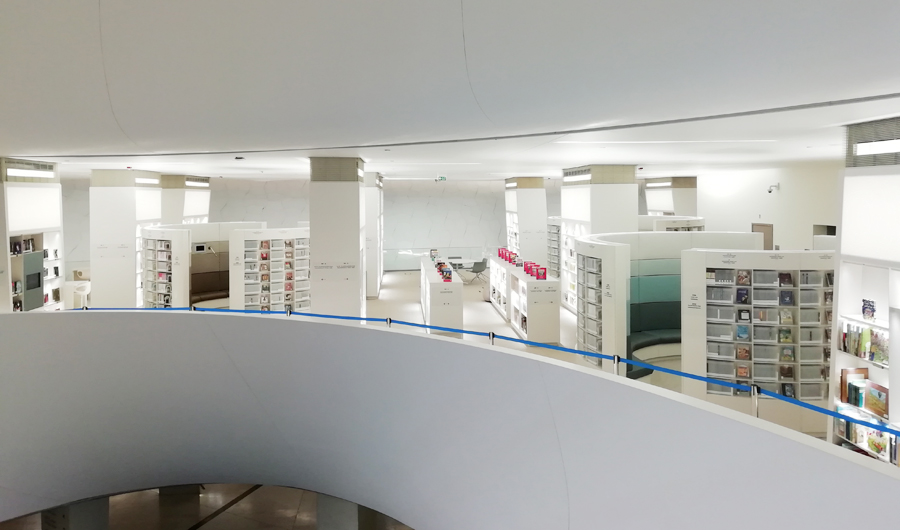
“Now more than ever, it is crucial we remain connected within our communities and across all languages that bring us together. We have a responsibility, and an opportunity, to collectively provide support and knowledge through such initiatives, and create accessible spaces of interest in culture, art and sports,” he said.
Ithra’s Head of Communication and Parternships Rania Biltagi echoed his sentiments, saying: “With the public indoors amid a time of global closures and social distancing, Ithra Connect was designed to bridge the physical distance between our audiences and offerings — ensuring constant access to new and engaging programming and content.
We have a responsibility, and an opportunity, to collectively provide support and knowledge through such initiatives.
Fahad Al-Dhubaib General manager, of public affairs at Saudi Aramco
She added: “As we continue to feed the cultural appetites and interests of creatives of all levels, passions and ages, Ithra Connect affords us the opportunity to amplify our presence on a global scale and instantly engage audiences with content tailored to their needs, and with access at their fingertips. Networks of creatives can still share knowledge and experiences, families and kids can remain engaged through bespoke and dynamic content, and exploring Ithra has become more immersive than ever.”
One of the highlights of the Ithra Connect Season is the virtual tour of Ithra itself, which allows viewers to get a full look at the facilities. From the main entrance, to the galleries, to the theater, the tour is fully interactive and offers a chance to see the building in its entirety from the comfort of your home.
Another noteworthy offering is access to the Ithra library. For a limited time, the center is offering free memberships for virtual access to their library catalog on any smartphone or computer. The library head will provide ongoing book recommendations and spotlights, quizzes on famous authors and stories, and a feature where you can design your own book covers. Ithra’s director Hussain Hanbazazah spoke about the significance of Ithra sharing its library with the world in this crucial time.
HIGHLIGHTS
• As many events have been canceled due to COVID-19, Ithra established the Ithra Connect Season, designed specifically to provide an educational and culturally enriching platform.
• The center has made significant efforts to keep their goal of connecting cultures across the world alive.
“Ithra is known for its landmark architectural building, but the community is at the heart of everything we do. Now is a time when people are connecting through online platforms, an existing strength of Ithra that became more relevant than ever in light of current circumstances,” he said.
The full schedule can be found at found at https://www.ithra.com/en/special-programs/ithra-connect-season/.
Ithra recently participated in a 24-hour global live stream, led by in-house experts and gathering cultural experts, Olympic champions, artists, chefs and world class musicians from across the globe.
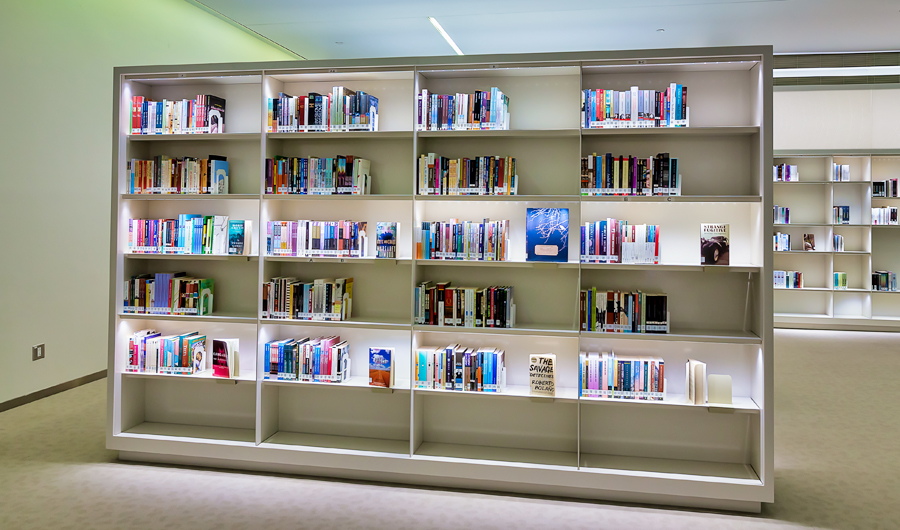
Organized by The World Economic Forum’s Young Global Leader Coalition on Art, Culture and Sport, the live stream, under the theme “#FindingBeauty in Quarantine Times,” collected 50 representatives from over 20 countries including Saudi Arabia, the US, France, South Africa, Brazil and more, with sessions open to the public.
Al-Dhubaib, a Young Global Leader and a founding member of the coalition, said: “This live stream initiative demonstrates a truly international collaboration, bridging creatives and connecting people with global offerings across arts and culture; aligning with Ithra’s commitment to sharing knowledge and its ethos of cross-cultural exchange.”
Ithra’s contribution as the only cultural institution in the live stream, continued its efforts to enrich, virtually, through its many programs and initiatives and further connect with a wider audience.


